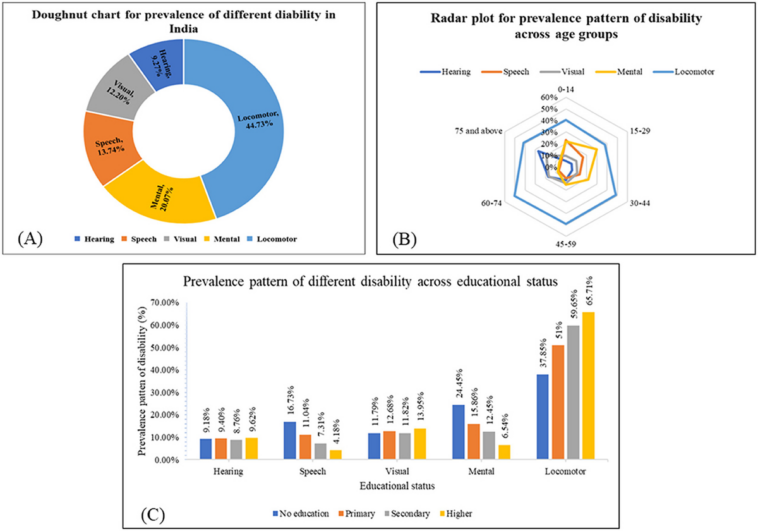Nadendla Manohar, the Civil Supplies Minister for Andhra Pradesh, announced on a recent Friday that the department is planning on extending its monthly ration distribution service to elderly and differently-abled customers. Manohar stated that this crucial decision is designed to simplify the delivery process for these specific groups. The plan is to ensure that these deliveries occur between the 26th and the 30th of each month, meaning rations for these individuals will be efficiently delivered during this end-of-month interval in readiness for the next month.
This revised strategy includes a home delivery service, which has already shown significant results by reaching approximately 1.3 million elderly and differently-abled individuals. Manohar proudly stated the impact of this service has been tremendous, with an impressive 83% coverage of those in need of this essential service.
Across the state of Andhra Pradesh, a network of nearly 30,000 fair price shops is contributing to this coverage. Through these outlets, over 13 million beneficiaries have so far received crucial ration supplies. This number represents a large proportion of the state’s listed cardholders, which total around 14.6 million individuals, according to the minister.
While discussing the state’s ration distribution, the minister pointed out that the majority – 89% to be precise – of ration distribution gets finalized within the first half of the month. Manohar reiterated that this figure points to distribution efficiency in the initial 15 days of June.
Manohar didn’t miss a chance to instruct the shop owners, particularly those operating in remote tribal areas. They were urged to take the initiative in better managing their stores. Part of this initiative includes the requirement to display ration calendars and Quick Response codes for customer feedback. These calendars and codes should be highly visible and accessible outside every fair price outlet.
A strong emphasis was placed on maintaining high standards of cleanliness within all shops. Furthermore, Manohar also highlighted the necessity to strategize about increasing dealer income. Collaborative efforts with the central government, the minister suggested, would lead to a more sustainable and transparent supply chain management within the ration distribution system.
He suggested that shop owners could act as pivotal connectors, bridging the gap between the people and the administration. By diligently reporting supply issues and striving to exceed customer expectations through quality services, dealers can aid in raising customer satisfaction scores significantly. Internal reports would be immensely useful in helping the government to address any arising issues promptly.
A further aspect of the minister’s address involved augmenting the ration delivery system’s transparency and efficiency. Manohar proposed the idea of a paperless administrative model and instructed dealers to start preparing for this inevitable transition. This major administrative shift is expected to augment the overall competency and transparency levels in the delivery of rations across the state.
Manohar also specified the timings for the ration distributions. He stated that the monthly distributions are planned to happen in two slots – morning (8 am to 12 pm) and evening (4 pm to 8 pm) – from the 1st to the 15th of every month. This should ensure smooth operations across all fair price shops in the state.
The minister went on to direct rice millers specifically, encouraging them to promote the cultivation of fine rice during the Kharif season. According to Manohar, such a move would align with consumer preferences and expand export market potential, ultimately benefiting the entire community.
Expanding further on the role of millers, Manohar expressed that they should act collectively to ensure profitable returns for farmers while also maintaining the government’s creditable reputation. The advice emphasized the broader picture, beyond just domestic consumption, and addressed the opportunity to target potential markets for exporting rice.
Manohar underscored that the government is incredibly supportive of the move towards consuming finer quality rice. This shift is not just a nod towards healthier dietary habits of the residents but also a crucial aspect of ensuring farmer profitability in the long run.
In conclusion, Manohar empowered millers to step up and play a crucial role in influencing the farmer community. Through encouragement and aid, they can guide farmers towards shifting their focus to the cultivation and harvest of finer grade rice. This strategy not only satisfies customer demand but also aligns with export market opportunities.




